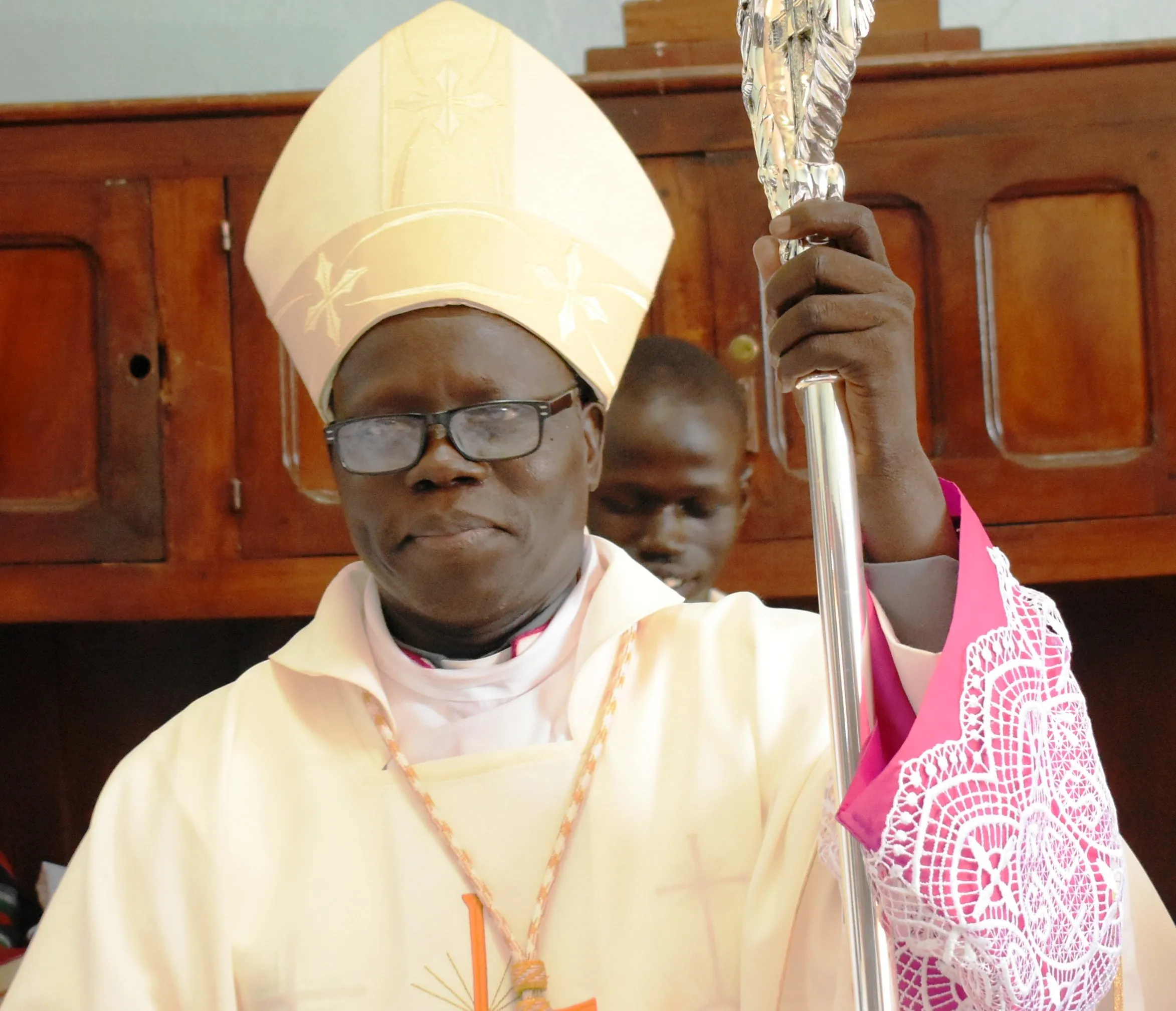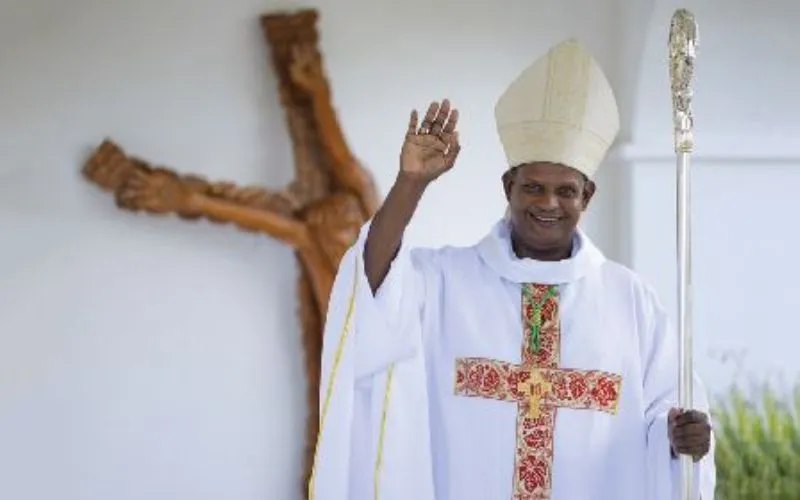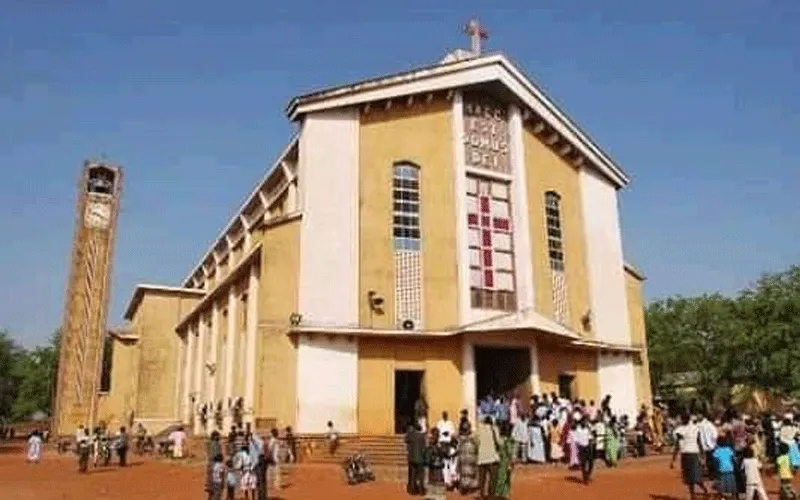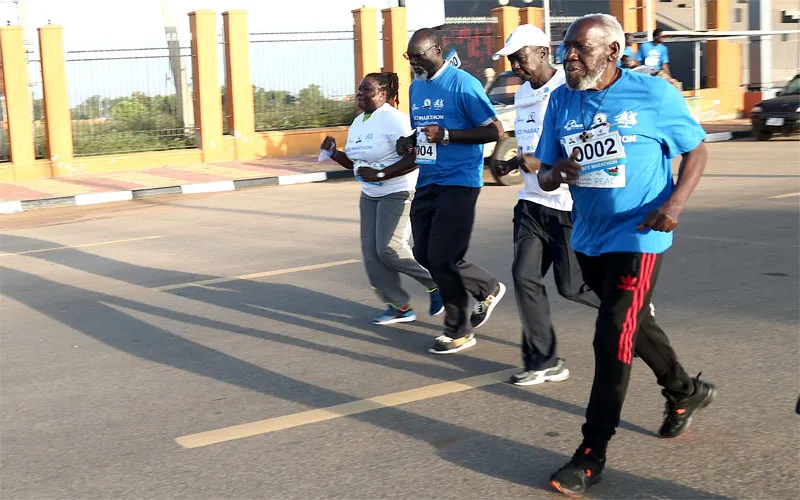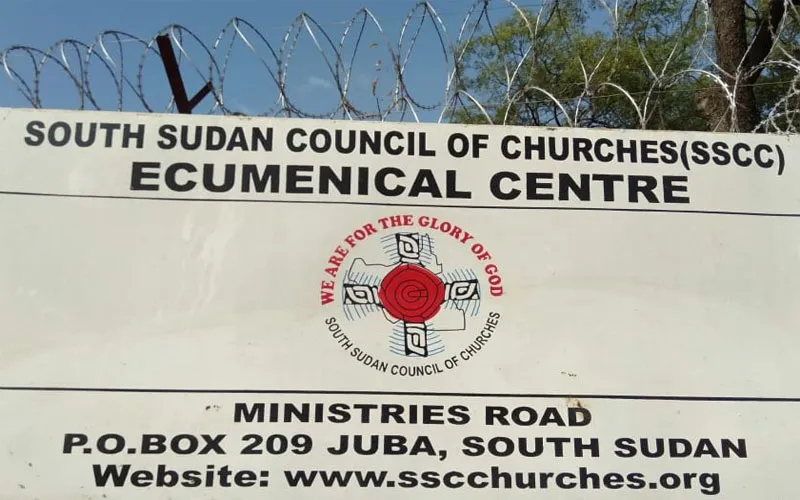Juba, 15 April, 2020 / 3:30 am (ACI Africa).
The need for reconciliation in the world’s youngest nation where a government of national unity has recently been put in place was a key highlight of the Easter message of the Archbishop of the country’s only Metropolitan See, Juba Archdiocese. The South Sudanese Prelate described his country as “broken” and in need of “God’s intervention.”
“South Sudan is a broken nation. The families of this nation are broken. The ethnic communities of this nation are broken. Individual citizens are broken. This nation needs special God's intervention. Reconciliation is the only remedy to this broken nation,” Archbishop Stephen Ameyu of Juba Archdiocese wrote in his Easter message addressed “to all faithful people of God” in Juba and in the diocese of Torit where he is Apostolic Administrator.
He added in his Easter message, “Reconciliation is a gift of grace from God when we request our father. It is God's initiative to save humanity; and because of His love for humanity, He sent his only begotten Son to redeem the world and return it to God his father.”
South Sudan gained independence July 2011, an outcome of the 2005 agreement that ended the longest-running civil war in Africa.
A civil war in the independent South Sudan broke out in December 2013 when troops loyal to the then-only-Vice President Dr. Riek Machar clashed with government forces.



